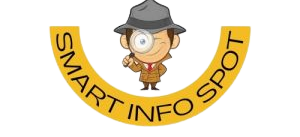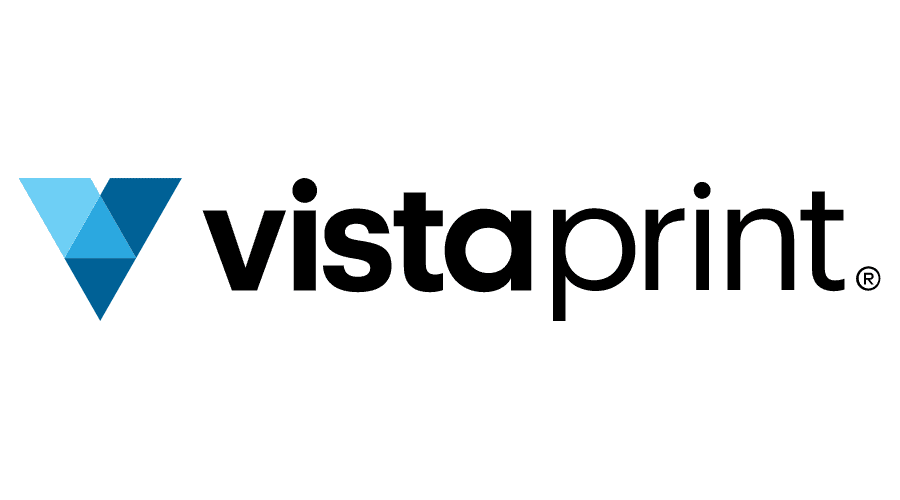Udacity’s catalogue of courses has grown dramatically since it was founded in 2011, with new courses being added each week to the collection. The sheer number of courses available on Udacity can be overwhelming if you’re new to online learning or are unsure how to approach learning online. Below, you’ll find some tips for how to choose the right course for you on Udacity’s website.
Introducing Udacity
The past few years have seen an explosion of resources and tools for those looking to learn new skills. Online learning platforms like Udacity are a great way to develop necessary skills in data engineering, digital marketing, or any other field you choose. More than 30% of Fortune 500 companies rely on Udacity, including Google, GE, and Facebook. Their catalogue offers courses in programming languages like Java and C++ as well as niche topics such as digital marketing and sales. If you’re not sure what course will work best for your needs, don’t worry! Udacity is always adding more programs with both introductory and advanced courses to give learners a wide variety of options.
Why take an online course?
Udacity has a variety of courses, from data engineering and digital marketing to computer programming and web design. They even have online university programs that require no previous experience! Their catalogue can be filtered by level (beginner, intermediate, or advanced), subject (business, data science, web development), or format (interactive video course, individual course). So whether you’re looking for a quick intro or a more in-depth education, Udacity is sure to have something for you. Data engineers are often responsible for turning raw data into actionable insights; digital marketers create content and campaigns to attract customers.
Digital marketers create content and campaigns to attract customers, while data engineers transform raw data into actionable insights. It’s an exciting time, with opportunities in all kinds of fields, from agriculture, logistics and manufacturing to retail, transportation and more. Whatever your passion, Udacity can help you master some of today’s most in-demand skills.
What type of courses are available on Udacity?
There are over 6,000 courses available on Udacity, so you’ll need to do some research before signing up. If you’re new to tech and want a broad overview of what it takes to be successful in a variety of fields, check out their Intro Tech series. If you want to be a data engineer or digital marketing professional, they offer certificate programs that are shorter than a degree program and will allow you to focus in on specific skillsets.
If your goal is more about learning how things work than getting job-ready, Udacity has plenty of courses that will teach you about different aspects of technology like computer architecture or computer science fundamentals. They also offer many lower-level courses like intro programming if you’re looking for something introductory but still technical.
If you have a firm grasp on one field, but don’t know much about others and want to learn more without committing full-time, consider enrolling in a nanodegree. Nanodegrees are intense six-month courses that take you deep into one field with custom curriculum built by industry experts.
Finally, they also offer micro credentials which are quick certificates that show employers basic knowledge in certain areas.
Which course is right for me?
To answer this question, it is important to consider what your goal is. Do you want to be a Data Engineer? A Digital Marketing Specialist? The best course for you will depend on what you are looking for.
If you’re wondering what these courses entail, each of these courses require different skillsets and knowledge. For example, a Data Engineer has a mastery of data analytics and machine learning, while a Digital Marketing Specialist has an understanding of digital marketing channels and tactics.
We hope this blog post helps inform your decision on which course is right for you!
With a goal like that, you’ll need some serious analytics skills and strategies. Enter Data Engineer. If you want to unlock business insights by wrangling data, managing terabytes of information in a variety of environments—like databases and distributed storage systems—and deploying powerful analytics tools, Data Engineer is your next step in becoming an expert with real-world applications.
Digital Marketing also requires a lot of skill sets, from marketing automation and targeting ads to creating compelling content. That said, Digital Marketing doesn’t have quite as many requirements as Data Engineer does – for instance, any person with experience in project management or HTML/CSS coding can pursue Digital Marketing.
If you’re not sure which one fits your goals better yet but know what you do want to do (or if those two descriptions still sound vague), take our quiz below to see where you fit best!
How do I get started?
The field of data engineering is relatively new, but it is growing rapidly. Udacity has a Data Engineering Nanodegree program that will teach you how to program and analyze data sets in Python, Spark, SQL and NoSQL databases. Digital Marketing includes all of the digital marketing channels and tactics used to sell more products or services online. Udacity offers a variety of courses in digital marketing including SEO, Facebook Ads Manager and Google Analytics. Continuing with our journey into the world of data engineering, there are also a number of different nanodegrees available. Take your pick from Intro to Programming and Data Science, Machine Learning Engineer with Scala, Digital Marketing Certificate Program and Android Developer.
Once you have decided on a course, it’s time to enroll and start learning. Once enrolled you can access any course 24/7 through Udacity’s website or app (Android only). Depending on the course, you may be required to work on assignments at home or complete interactive lectures online. At the end of each module, students must pass a graded assessment. If they don’t pass their assessments they’ll receive feedback from their instructors and may need to repeat modules if necessary. It’s not just about studying though! Once you’ve completed your desired Nanodegree program, make sure to ask for an official certificate issued by Udacity after passing your final exam!


















